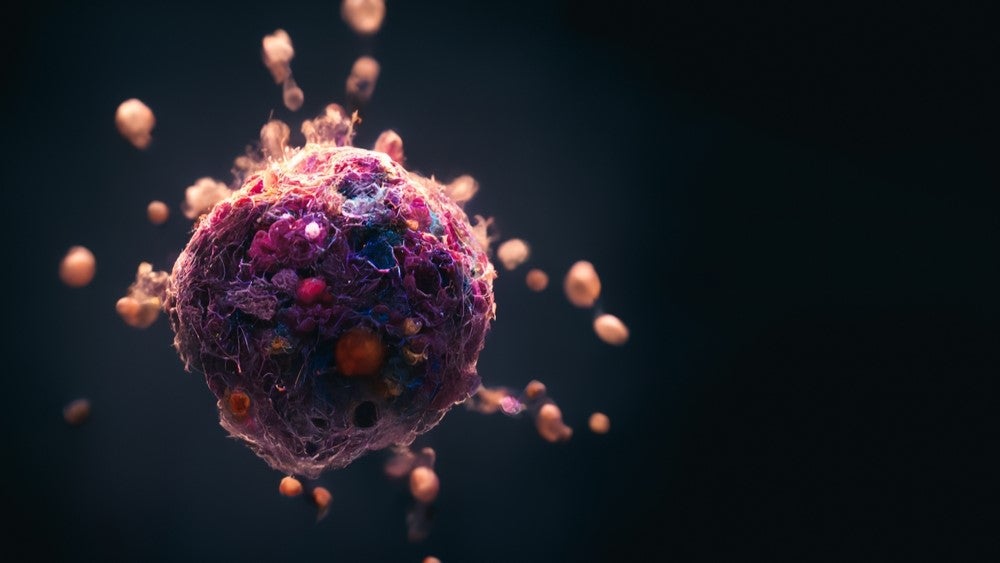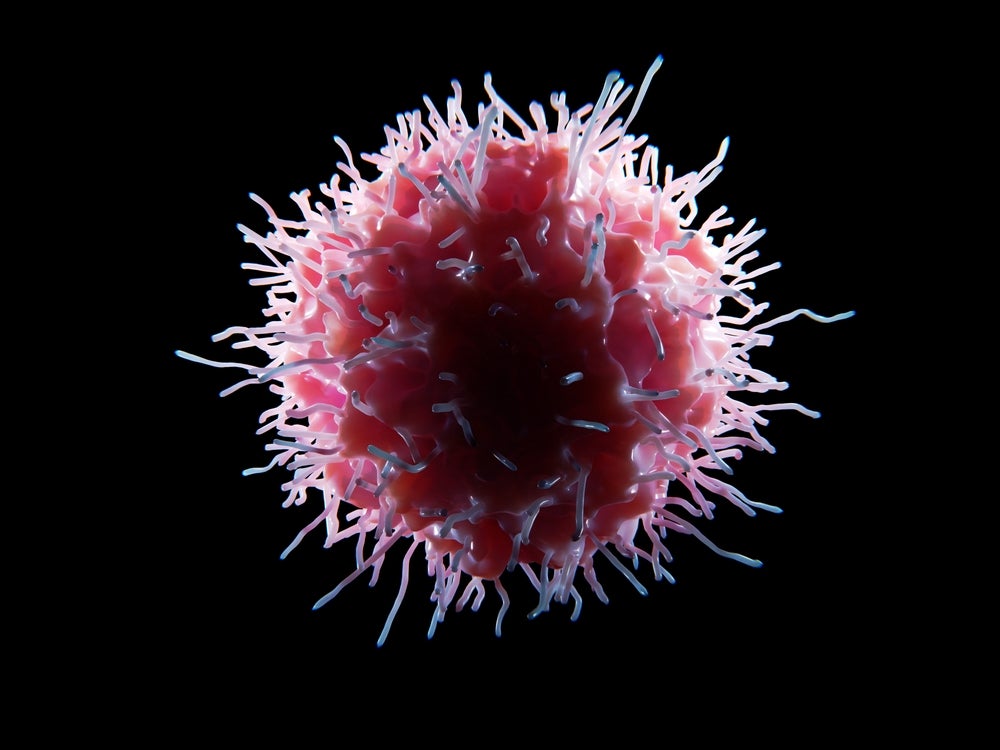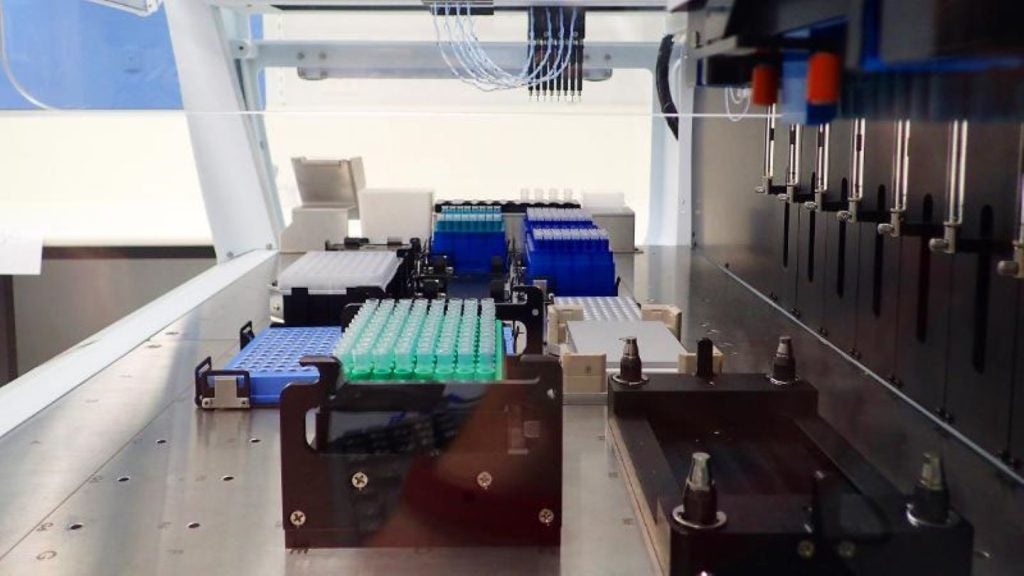Today, Clinical Trials Arena celebrates World Cancer Day 2017. With so much taking place in the world of oncology, advancements in treatments, such as immunotherapy suggest we could be reaching a turning point in the fight against cancer.
Throughout the day on the site and across social media, CTA will delve into the archives highlighting oncology-themed stories we’ve posted in the past.
Keep on the lookout as later today, CTA editor Henry Kerali will shine a spotlight on precision medicine and how it could play a key role in the treatment of cancer.
But first, take a stroll down memory lane and read three key features you might have missed in the past year… (click the headline to finish reading the story)
Immuno-oncology: Fixing what’s broken
Excitement and momentum continue to build in the field of immuno-oncology. Big money is flowing in development partnerships for justifiable reasons. The central dogma surrounding the most advanced of these immuno-oncology treatments, immune checkpoint inhibitors, centers around inhibiting a negative regulatory mechanism in the immune system. This mechanism is often simplified as "removing a brake on the immune system"; the "brake" in this metaphor is an immune evasion tactic developed by the tumor. Though thoughtful combination therapies will likely prove the most fruitful, some companies opened entire development programs of immune combinations. As such, there are myriad trials open or planned, and it is prudent to discuss some of the key operational considerations for immuno-oncology trials.
See Also:
Is Immunotherapy here to stay?
In recent times, immunotherapy has garnered headlines for its game changing potential to treat cancer. Unlike chemotherapy and radiotherapy, immunotherapy boosts the immune system and enhances its resistance to cancerous cells. The treatment has had varying levels of success in the past in treating melanoma, and more recently, pancreatic cancer.
How well do you really know your competitors?
Access the most comprehensive Company Profiles on the market, powered by GlobalData. Save hours of research. Gain competitive edge.

Thank you!
Your download email will arrive shortly
Not ready to buy yet? Download a free sample
We are confident about the unique quality of our Company Profiles. However, we want you to make the most beneficial decision for your business, so we offer a free sample that you can download by submitting the below form
By GlobalDataAngus Dalgleish is the principal investigator of a pioneering trial, in which 110 patients with metastatic pancreatic cancer were given the drug IMM-101. The results thus far have been promising, with the drug having extended the lives of some patients by as much as three years. In this compelling interview, Dalgleish explains to CTA that while immunotherapy initially had its sceptics, its potential to cure cancer cannot be ignored.
Using Nanotechnology to treat Cancer
In the medical device space, novel technologies are constantly being developed as researchers look to find ways to help cure some of humanty's biggest diseases.
CTA spoke with Hoda Tawfik, CMO, Magforce AG, who explains how her company uses nanotechnology to treat rare forms of cancer.
Clinical Trials Arena: What are the biggest challenges you face in your line of work?
Dr. Hoda Tawfik: At our company, we have developed what is called NanoTherm Therapy, which involves injecting nanoparticles into a tumour at the start of the patient's treatment. The particles agglomerate and the resulting depot stays in the target tumour area. Then, the patient is placed into a NanoActivator, a machine that generates a high-frequency alternating magnetic field which activates the Nanoparticles to generate heat from inside the tumour and kill the tumour cells. Handling such a high tech device and technology, is a complex process. Therefore, the training of site personnel has to be more intensive, when compared to a drug clinical trial.







